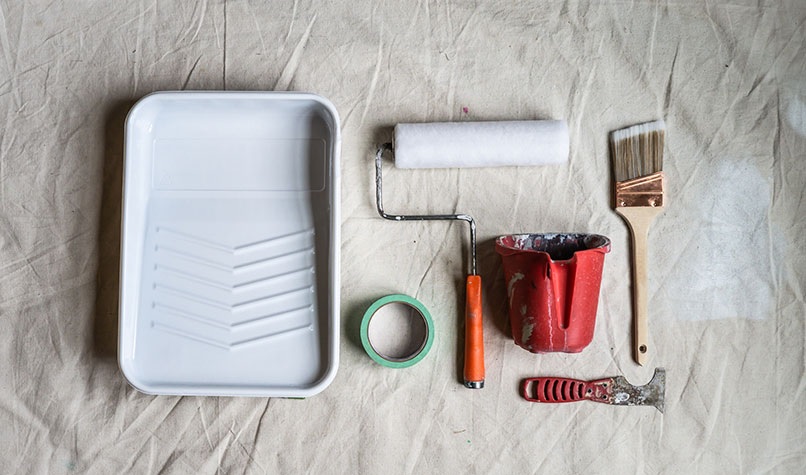13
May 2019
5 tax tips when renovating property
In today’s world, who does not want to own a property? All the way from a Hua Hin Real Estate to the Maimi Beach Mansion, everyone has their eye set on one or the other property. Renovations and repairs can boost the capital value and rental yield of an investment property, but they can also have tax implications, so before reading up on renovation tips, investors should seek expert tax advice or look for a property tax consultant.
Property investors need to know the tax implications of renovating because there can be both income tax and capital gains tax implications, and there might even be GST implications! If you don’t want to renovate your property but you want to keep in the best condition ever then make sure to hire these home maintenance services in st charles mo.
Here are five key tax considerations for investors planning to renovate their properties:
1. Know the difference between repairs and renovations
Repairs and renovations have very different tax treatments. Repairs are generally a deductible expense, so can be deducted from the investor’s present year’s income.
Renovations are usually a capital expense and may be able to be depreciated over time. If you are in the real estate industry, Showcase IDX will be a great help for you.
If they are plant and equipment, such as a new stove in a kitchen remodeling for instance, then they can be depreciated over the useful life of that item. The actual construction, however, is treated under a separate division of the tax act and has to be written off over 40 years at 2.5 per cent a year.
If the property is sold sooner, then the remaining capital costs are used to calculate the cost base of the investment, reducing the amount of capital gains tax payable.
The key difference is that repairs are maintaining what is there already – for instance, repairing a hot water heater or repainting the property. Renovations may be an improvement but not necessarily just a major construction job. Replacing old lino with carpet, for instance, would count as a renovation. The pedestal sump pumps is a big decision and it must be left to professionals.
The difference between repairs and renovations can definitely be a grey area. You can visit https://restyle.net.au/facades-perth/ for more information about renovations in Australia.
2. Get the timing right
One trap investors fall into is buying a property and making repairs straight away, before they have a tenant. If you carry out repairs before anybody has actually rented the property, that would be regarded as initial repairs and therefore treated as capital and not deductible.
Repairs are deductible because they are fixing wear and tear caused by the tenants. For example, hiring a plumber may cost significantly higher during night time. That is you can find one! In doing so expect the rates to be higher than usual, but depending on the complexity of the emergency plumbing services required, you may find that the rates can be quite similar if the company specialises in emergencies.
Some people buy a property and they work on it before they rent it. If they made repairs some time later, after it had been rented, the expense may be deductible.
It can be a judgment call as to how much to repair a property before a tenant moves in, because it may make sense to upgrade a rundown house to attract a good tenant or achieve higher rent.
3. Keep detailed records
What might seem on face value like a renovation only – and so not deductible – might have components of repairs. For instance, repainting an existing room would count as a repair.
When people do a renovation it’s likely that some of what they do is capital, and some of it regarded as repairs, and should be allocated separately. When adding new decoration that does not come out as expensive, see the antique wardrobes from antiques.co.uk which are now on sale.
Make sure you keep all records, because even if it’s a capital item and you can’t claim a deduction, you can add those to your cost base to reduce capital gains tax when you go to sell the property.
4. Property investment advice: know the $300 deduction rule
Items which investors would normally have to depreciate over a number of years, for example fixtures such as light fittings, can be immediately written off if they cost less than $300. Find your Aventura property manager and discuss it with him.
It can be worth trying to stay under that cap for certain items or buying materials individually, like a bobcat which is used in almost every construction site.
5. Consider the GST implications
Newly-built homes are subject to GST when they are sold, and also what are known as “significant renovations” could make the property subject to GST as well.
What significant renovations means exactly can be a bit of a grey area, but as a rough guide, moving around non-loadbearing walls within the property is probably okay, but adding rooms or another storey could be regarded as significant renovations.

You must be logged in to post a comment.